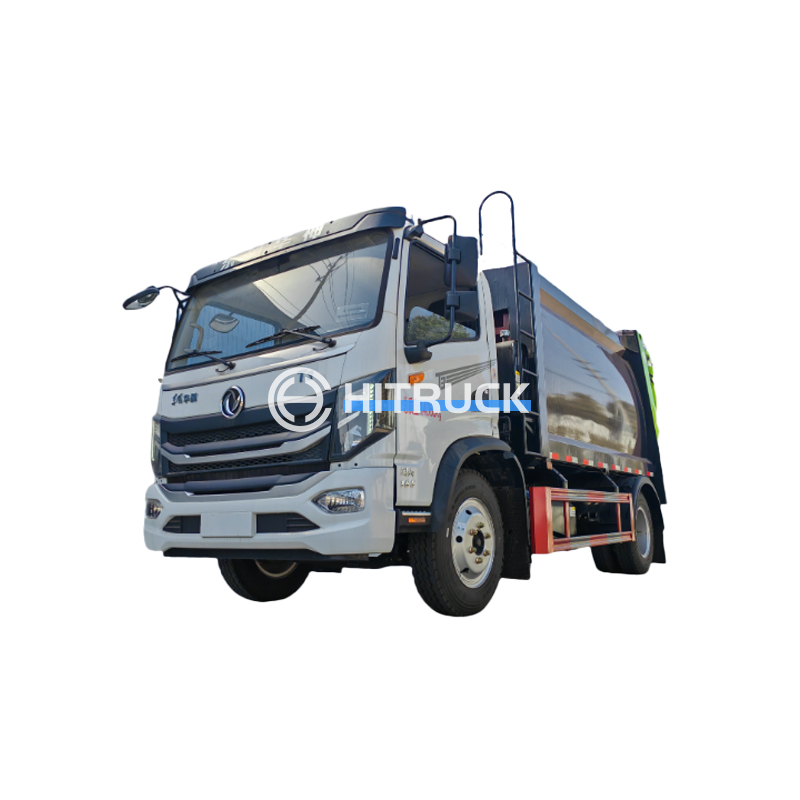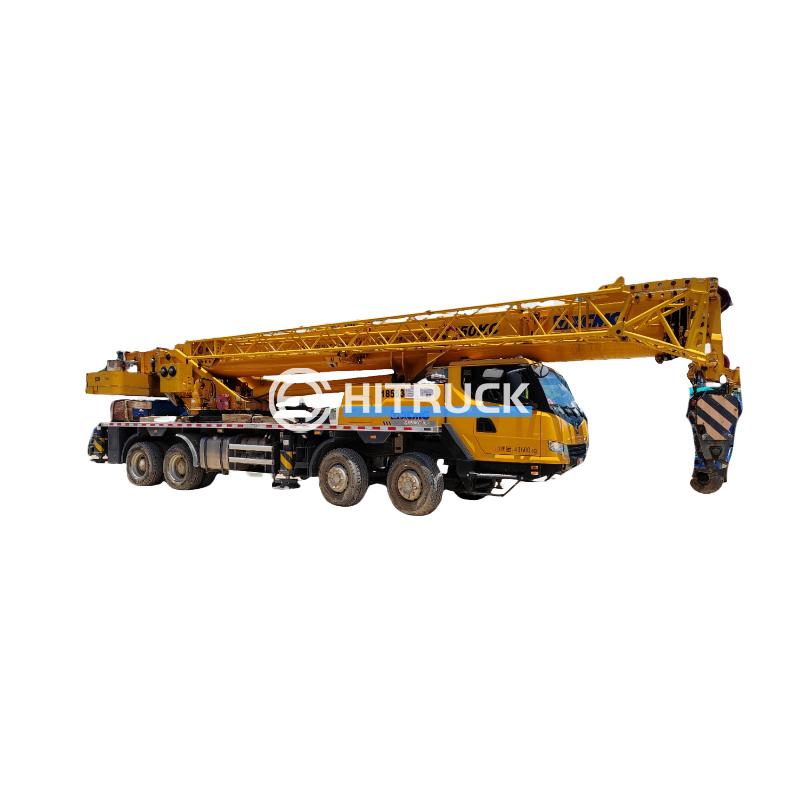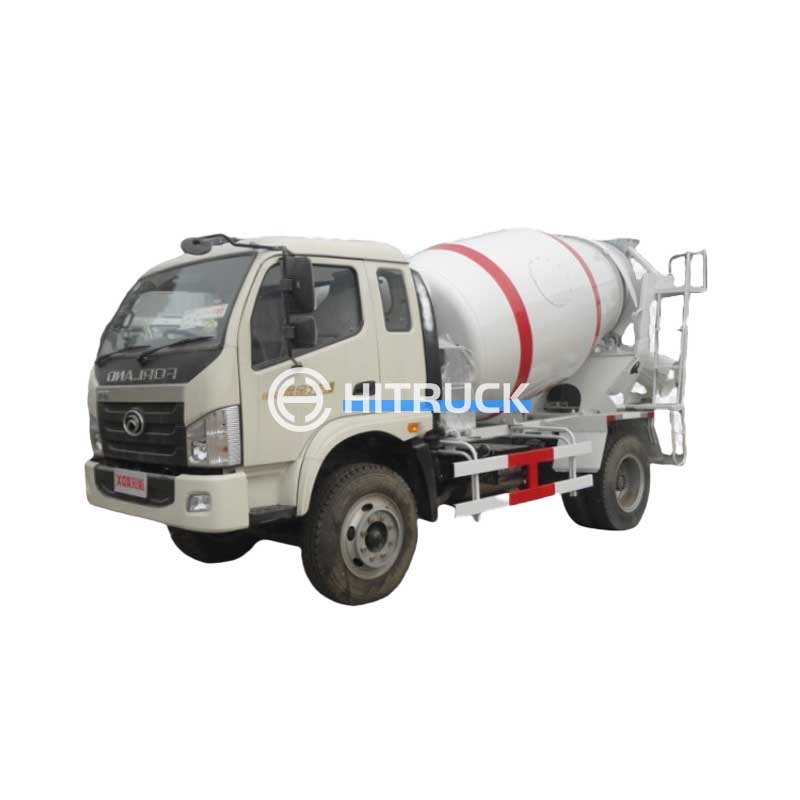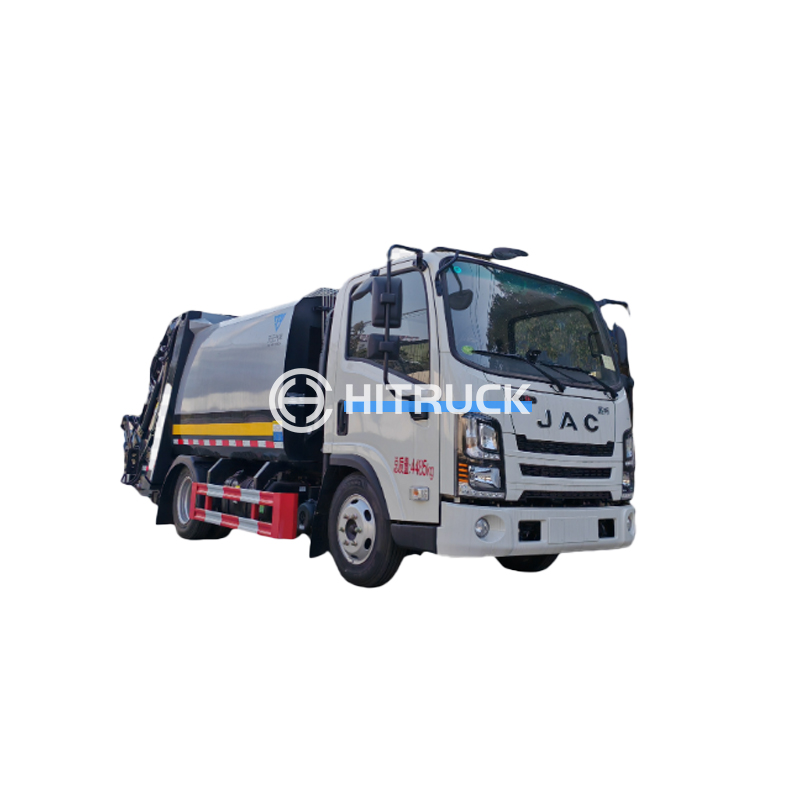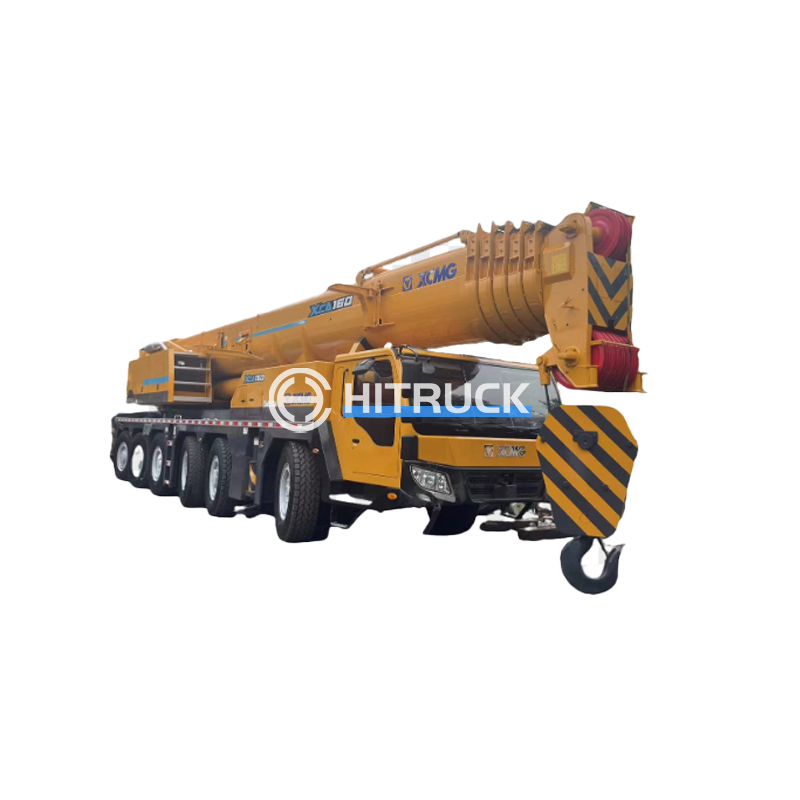Driving a Water Truck: A Comprehensive GuideDriving a water truck is more than just operating a vehicle; it requires specialized knowledge and skills. This guide provides a comprehensive overview of the process, covering everything from safety regulations and maintenance to efficient operation and potential career paths.
This guide provides a detailed explanation of driving a water truck, covering essential aspects such as safety protocols, vehicle maintenance, efficient operation techniques, and potential career opportunities in this field. We'll explore the unique challenges and rewards associated with this specialized type of driving, helping you gain a thorough understanding of what's involved.
Driving a water truck necessitates strict adherence to safety regulations. These regulations vary depending on location and the type of water being transported (potable water, wastewater, etc.). Always familiarize yourself with local and national guidelines before operating a water truck. This includes proper licensing and certification, as well as understanding load limits and safe transportation practices. Regular inspections of the vehicle and equipment are crucial for preventing accidents.
Proper maintenance is paramount for the safe and efficient operation of a water truck. Regular checks of the braking system, tires, and fluid levels are essential. Furthermore, ensuring the integrity of the water tank and associated pumps is crucial to prevent leaks and spills. Scheduled maintenance should be performed according to the manufacturer's recommendations. Failure to maintain the vehicle can lead to costly repairs and, more importantly, safety hazards.
Efficient driving a water truck involves meticulous route planning to minimize fuel consumption and delivery times. Factors such as traffic patterns, road conditions, and delivery schedules should be carefully considered. Using GPS navigation and route optimization software can significantly improve efficiency. Accurate route planning helps prevent delays and ensures timely deliveries.
Water trucks often cover considerable distances, making fuel efficiency a key concern. Maintaining optimal tire pressure, avoiding aggressive acceleration and braking, and adhering to speed limits can significantly reduce fuel consumption. Regular maintenance also contributes to better fuel economy. For companies, understanding fuel costs and exploring options like fuel cards or bulk purchasing can improve cost management.
The demand for skilled drivers of water trucks varies depending on geographical location and industry. Opportunities often exist in construction, agriculture, and municipal services. Salary expectations are influenced by experience, location, and the type of employer. Researching job markets and networking within the industry can help secure better positions.
Specialized training programs focused on driving a water truck are available, often covering advanced safety procedures, maintenance techniques, and efficient operating practices. These programs can enhance career prospects and boost earning potential. Seeking certifications and continuous professional development can differentiate one from other drivers in a competitive job market. Contact local vocational schools or industry associations for more details.
For more information on safety regulations, maintenance procedures, and job opportunities related to driving a water truck, you can consult resources from government agencies (such as the Department of Transportation), industry associations, and vocational training schools. Always prioritize safety and adherence to regulations when operating heavy machinery.
| Resource Type | Example | Description |
|---|---|---|
| Government Agency | FMCSA (USA) | Provides information on commercial driving regulations. |
| Industry Association | (Insert relevant industry association here if available) | (Insert description of association and its resources if available) |
For reliable trucks and related services, consider visiting Suizhou Haicang Automobile sales Co., LTD. They offer a wide range of vehicles and support for your transportation needs.

